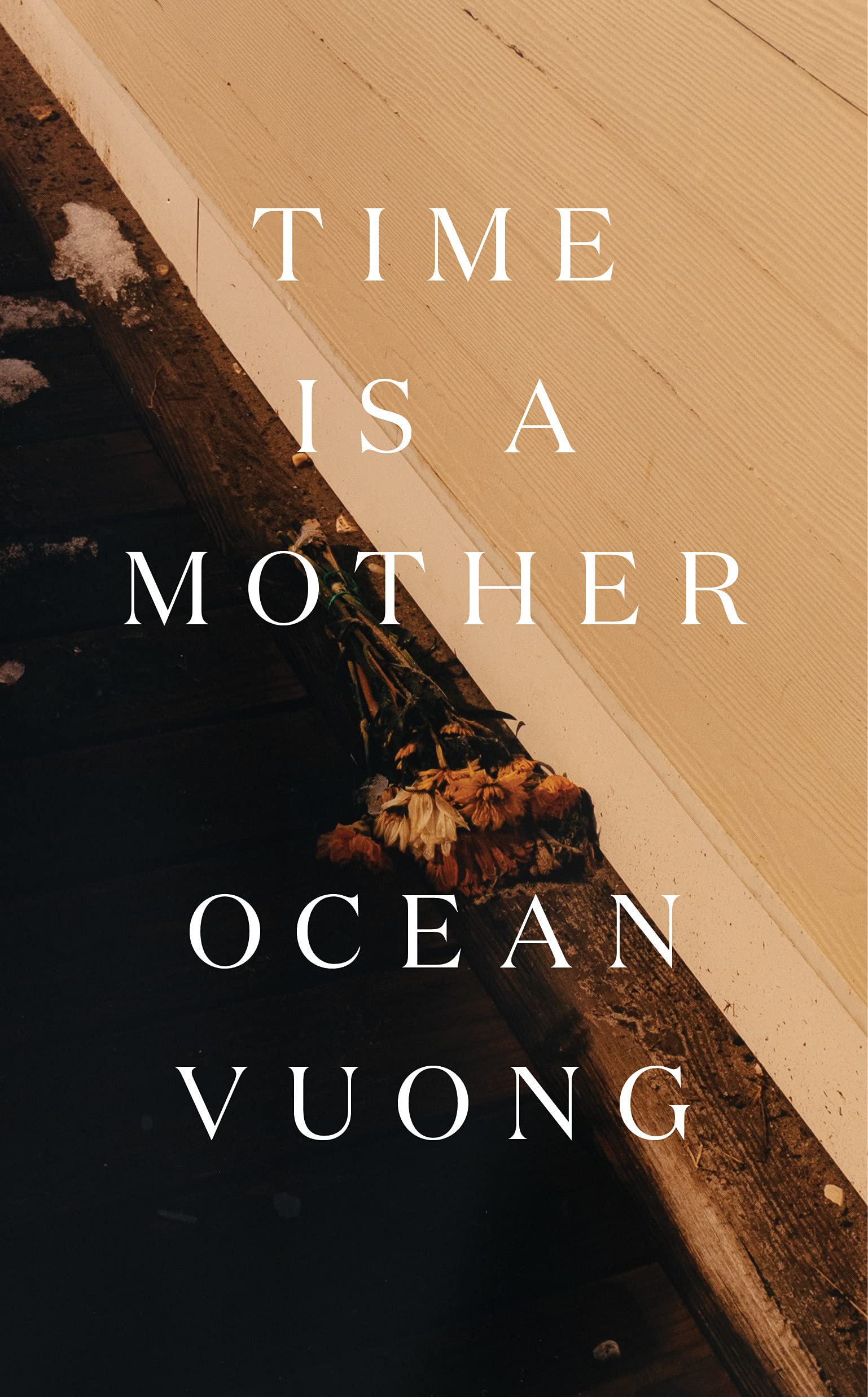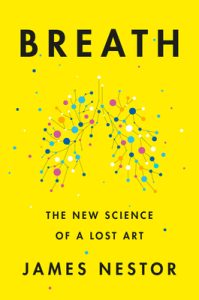
Ocean Vuong’s Time Is a Mother is a tender, haunting, and deeply personal exploration of grief and survival. Written in the aftermath of his mother’s death, this second poetry collection is both a continuation and transformation of the themes that shaped On Earth We’re Briefly Gorgeous and Night Sky with Exit Wounds. Here, Vuong turns pain into art, layering language and emotion with the precision of someone who understands that words can both heal and wound.
The Shape of Grief
At its heart, Time Is a Mother is an elegy for Vuong’s mother, but it’s also a meditation on identity, love, and what it means to live in the wake of loss. The poems flow through moments of heartbreak and absurdity, shifting between humor and devastation with remarkable grace. In “Amazon History of a Former Nail Salon Worker,” Vuong chronicles his mother’s final months through a list of her online purchases. What begins as a mundane inventory quietly turns into a narrative of illness, care, and the small, human details that linger after death.
Lines like “Because my uncle never killed himself but / simply died, on purpose” or “Lest we forget, a morgue is also a community center” reveal how grief fractures language, forcing it to bend and reshape itself. Vuong’s words invite readers into the private terrain of mourning while still finding strange beauty within it.
Form and Experimentation
One of the most striking features of Time Is a Mother is its formal playfulness. Vuong experiments with list poems, prose poems, and free verse, allowing the structure itself to carry meaning. The long poem “American Legend” captures both physical and emotional collision in a car crash that becomes a metaphor for connection, writing, “It was perfect & wrong, like money on fire.” Elsewhere, he explores queerness, family, and the immigrant experience, often blending humor with quiet ache.
Not every poem lands with the same impact. Some readers may find the tone uneven or certain lines too casual, as if reaching for irony in places that might have asked for restraint. Yet even those moments feel intentional a refusal to let grief become static or polite. Vuong reminds us that mourning is chaotic, that even in sorrow there is absurdity and laughter.
Vuong’s Ongoing Conversation
Time Is a Mother feels like a continuation of a dialogue Vuong has been having with himself and with us since his debut. Where Night Sky with Exit Wounds was about origin and On Earth We’re Briefly Gorgeous about identity, this collection turns inward, asking how to live when the person who gave you life is gone. There’s an intimacy to these poems that makes them feel less like literature and more like confession carefully composed, yet raw.
Vuong’s use of language remains extraordinary. Even when he writes about loss, there’s generosity in his vision. He sees mourning not only as remembrance but as a form of creation, an act of turning pain into something alive. As he writes, “Because this mess I made, I made with love.”
Final Thoughts
Time Is a Mother is a luminous and courageous work that balances tenderness with ferocity. It may not strike every reader the way his debut did, but it stands as a powerful testament to Vuong’s continued evolution as one of the most vital poetic voices of our time. His meditations on grief, queerness, and the immigrant experience are written with both vulnerability and defiance, making this collection an unforgettable reflection on what it means to survive the people we love.
If you want to experience Ocean Vuong’s latest exploration of love, loss, and resilience, you can get Time Is a Mother here: https://amzn.to/48VllEK


